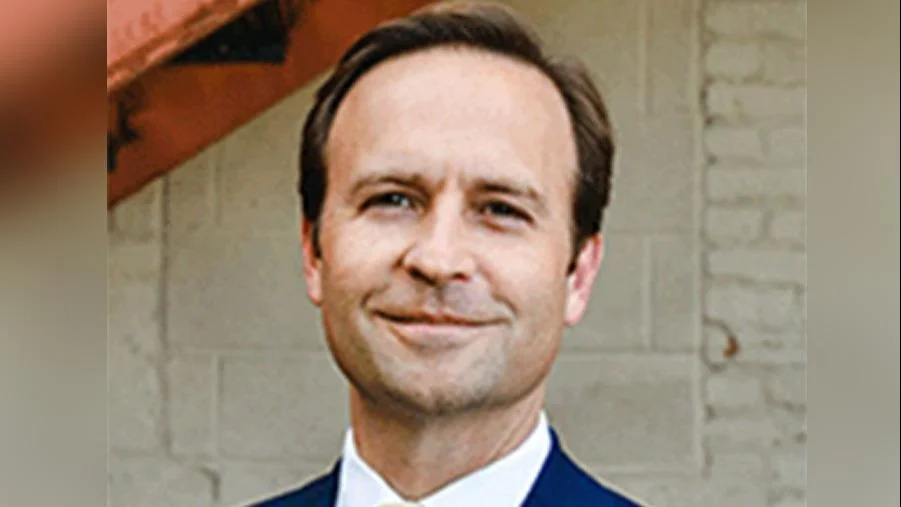Brian Calley President and Chief Executive Officer at Small Business Association of Michigan | Official website
Brian Calley President and Chief Executive Officer at Small Business Association of Michigan | Official website
On September 19, 2025, President Trump signed a proclamation that introduces significant changes to the H-1B visa program. The new policy sets a $100,000 fee for each new H-1B petition submitted after September 21, 2025. This fee does not apply to previously issued visas or renewals and is described as a one-time charge upon submission of a new petition.
The proclamation addresses concerns about employers exploiting the H-1B system to replace American workers with lower-paid labor. According to the document: “deliberately exploited to replace, rather than supplement, American workers with lower-paid, lower-skilled labor. The large-scale replacement of American workers through systemic abuse of the program has undermined both our economic and national security. Some employers, using practices now widely adopted by entire sectors, have abused the H-1B statute and its regulations to artificially suppress wages, resulting in a disadvantageous labor market for American citizens, while at the same time making it more difficult to attract and retain the highest skilled subset of temporary workers, with the largest impact seen in critical science, technology, engineering, and math (STEM) fields.”
Historically, there has been an annual lottery for 65,000 standard H-1B slots and an additional 20,000 slots for applicants with advanced degrees. Application numbers rose sharply during recent years—from around 100,000–200,000 submissions in previous administrations to over 800,000 under President Biden’s term. Many applications reportedly came from related companies submitting multiple registrations for single candidates.
Previous administrations attempted reforms as well. President Obama sought to require higher salaries aligned with Silicon Valley standards regardless of job location because some employers were keeping wages below market rates by selecting lower-paying locations. In 2024 data from the Department of Homeland Security (DHS), median salaries for computer-related H-1B jobs were $101,000 for first-time approvals and $135,000 for experienced holders.
A majority—83%—of H-1B holders come from India (70%) and China (12%), based on DHS and U.S. Citizenship and Immigration Services figures from 2024. Major tech consulting firms such as Tata and Cognizant employ many visa holders; other sectors like manufacturing and finance also use this workforce. Leading technology companies including Microsoft, Google, Amazon, and Meta are top employers of H-1B recipients.
The newly established $100,000 fee raises questions about its scope—whether it applies only to those currently outside the United States who win the lottery or could also affect current employees traveling abroad or students on Optional Practical Training (OPT). It is also unclear if certain industries or all positions will be subject to this fee.
In addition to the proclamation’s financial requirements on petitions filed after September 21st—which do not affect existing visas—the Department of Homeland Security released an advance copy of proposed rules aimed at changing how applicants are selected in future lotteries. The proposal would implement a weighted selection system favoring higher-paid candidates: those offered Level IV wages would receive four entries into the selection pool; Level III gets three; Level II gets two; Level I gets one entry.
Projections suggest that individuals at wage level I would see their chances decrease by nearly half while those at level IV would see their odds more than double under this system.
According to DHS guidance published on September 24th—and open for public comment until late October—final regulations may be implemented by early next year but it remains uncertain whether they will be effective before Fiscal Year (FY) 2027’s cap season begins.
Additionally, the Department of Labor has launched “Project Firewall,” an enforcement initiative targeting employer compliance within the H-1B program. Investigations could result in back pay owed or penalties for non-compliance—including potential debarment from future participation in the visa process.
Employers are encouraged to consult legal counsel regarding these developments due to increased scrutiny and evolving requirements.






 Alerts Sign-up
Alerts Sign-up